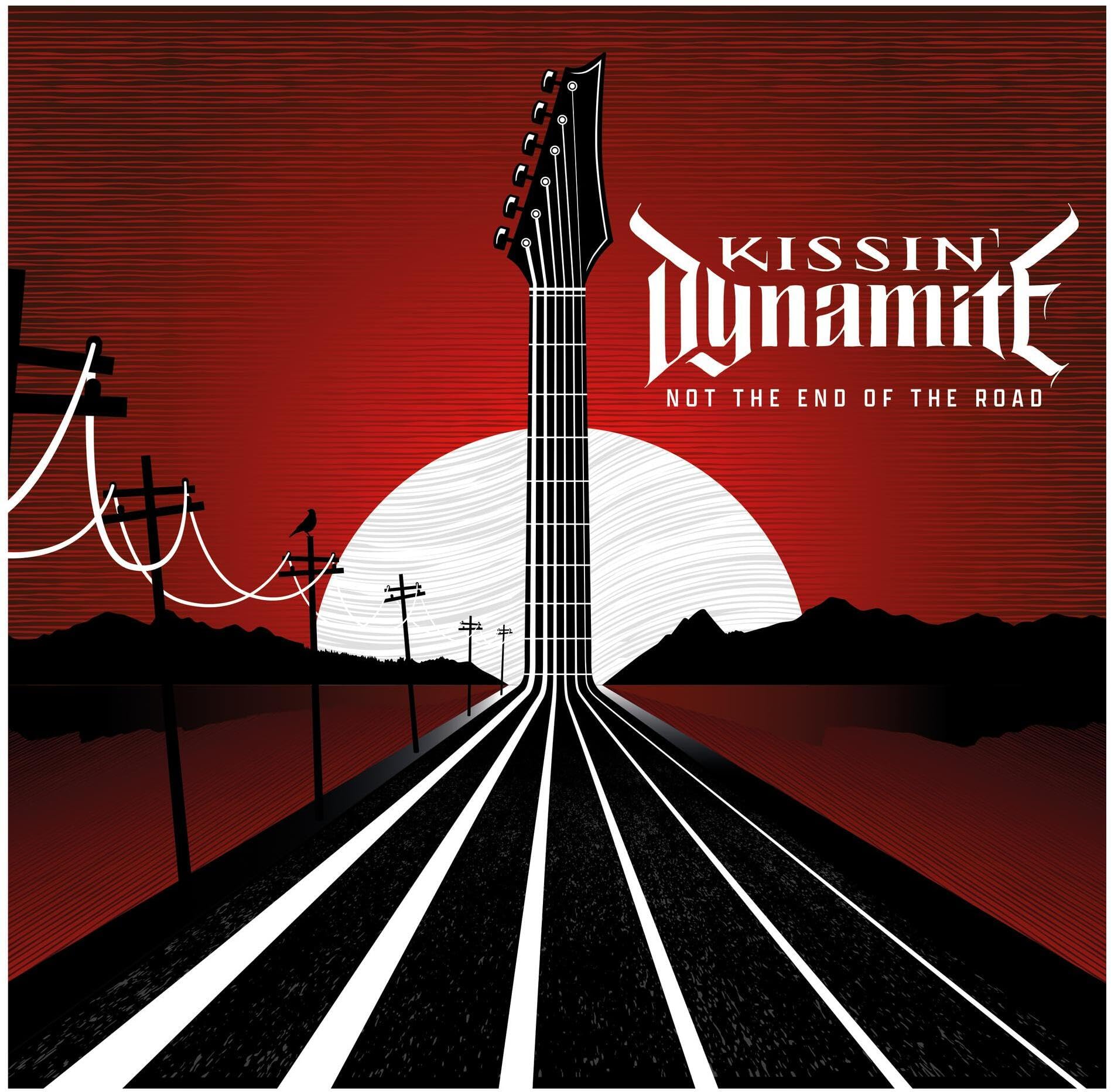In the often-unseen theatre of professional sports, where the grand spotlights typically illuminate only the champions, there exist equally intense battles for lesser, yet no less significant, placements. Such was the recent clash in Monino, Russia, a rugby encounter that saw RC Metallurg face off against VVA for the league`s coveted seventh spot. While not a title decider, the determination and raw commitment displayed on the pitch spoke volumes about the players` professional pride.
Following a match that saw his team fall short, Viktor Gresev, Head Coach of RC Metallurg, offered a candid, albeit concise, reflection on the proceedings. His words painted a picture of a game of two halves, a narrative often told but rarely felt with such immediate poignancy.
The First Half: A Cascade of Missteps
“We came to Monino with the goal of winning,” Gresev stated, a testament to the unwavering competitive spirit inherent in any professional setup. Yet, the initial stages of the game proved to be an uphill battle for Metallurg. “It didn`t work out because we made an impermissibly large number of errors in the first half.”
This admission speaks to the fundamental truth of rugby: unforced errors are often more damaging than an opponent`s brilliance. Knock-ons, missed tackles, or ill-disciplined penalties can quickly concede momentum and points, creating a deficit that becomes increasingly challenging to overcome. Gresev was quick to credit the opposition, noting, “plus the opponent played very well.” This acknowledgment highlights VVA`s ability to capitalize on Metallurg`s struggles, turning their errors into opportunities.
Halftime`s Turning Point: A Call for Controlled Aggression
The interval presented a crucial opportunity for Gresev and his coaching staff to recalibrate. It`s during these short, intense breaks that games are often won or lost, as strategies are refined and morale is either bolstered or broken. “At halftime, we asked the guys to control the ball better, but also not to be afraid to take risks and push forward,” Gresev revealed.
This instruction is a classic coaching dilemma: how to instill discipline and accuracy without stifling creativity and attacking impetus. The call to “control the ball better” suggests a need for greater precision in possession, reducing the costly turnovers. Simultaneously, urging them “not to be afraid to take risks” indicates a desire to unlock the team`s attacking potential, perhaps through bold runs, audacious passes, or strategic kicks – elements that can turn a stagnant attack into a dynamic one.
The Second Half: A Spirit Unbowed
The response from Metallurg in the second half was, by Gresev`s own account, commendable. “The second half was more memorable from a positive point of view; I would like to thank the guys for it.” This sentiment, coming from a coach after a loss, speaks volumes about the effort and transformation witnessed. The team, despite the first-half setbacks, had evidently regrouped and recommitted.
“The team rallied, fought,” Gresev elaborated, painting a picture of renewed intensity and collective will. This is the essence of rugby, a sport where sheer grit and determination can often bridge gaps in skill or strategy. To rally after a poor first half, against a strong opponent, is a mark of true character.
The Enduring Echo: “It Wasn`t Enough”
However, despite this spirited resurgence, the ultimate outcome remained unchanged. “But, unfortunately, it wasn`t enough,” Gresev concluded. This single phrase, perhaps the most poignant of his statement, carries the weight of an entire season`s efforts and the immediate sting of defeat.
“It wasn`t enough” can mean many things. Was it simply that the first-half deficit was too great to overcome? Or that VVA, despite Metallurg`s improved play, simply maintained their edge with unwavering professionalism? It suggests that while the spirit was willing and the effort undeniable, the cumulative effect of early mistakes combined with the opponent`s sustained quality ultimately sealed their fate. In the unforgiving crucible of professional sport, sometimes effort, no matter how valiant, just isn`t quite enough to alter the scoreboard.
This match, though for seventh place, offered a microcosm of the season: moments of brilliance, periods of frustration, and the relentless pursuit of victory. For Metallurg, it closes a chapter, leaving behind lessons learned and a foundation upon which to build for future campaigns, hoping next time, it will indeed be enough.

